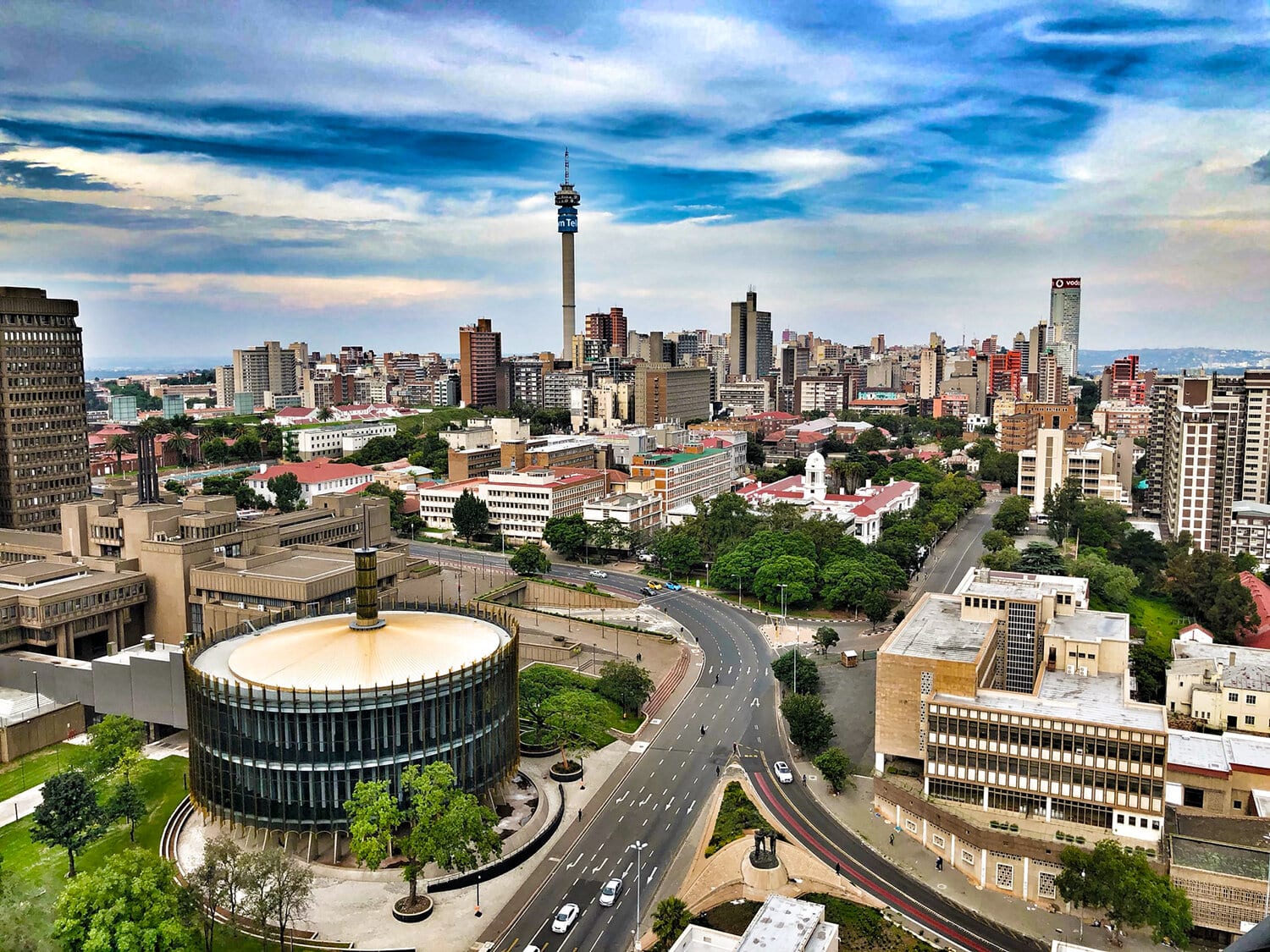Indicators on Johannesburg North Attractions You Need To Know
Indicators on Johannesburg North Attractions You Need To Know
Blog Article
Johannesburg North Attractions Fundamentals Explained
Table of ContentsTop Guidelines Of Johannesburg North AttractionsSome Of Johannesburg North AttractionsThe 20-Second Trick For Johannesburg North AttractionsThe Best Guide To Johannesburg North AttractionsThings about Johannesburg North AttractionsHow Johannesburg North Attractions can Save You Time, Stress, and Money.
The city owes its location to the visibility of an also a lot more precious resource: gold. The city expanded on the edge of the Witwatersrand Key Reef, a subterranean stratum of gold-bearing quartz-silica corporation that arcs for hundreds of miles underneath the Highveld. Many of the gold mines in the city ceased operation in the 1970s, however in its day the Witwatersrand gold industry accounted for greater than 40 percent of the globe's annual gold production.Johannesburg has a warm climate. Summer season temperature levels average regarding 75 F (24 C); winter months temperatures average regarding 55 F (13 C) and only periodically dip listed below cold. The city appreciates about eight hours of sunshine each day in both wintertime and summertime. Rainfall standards regarding 28 inches (700 millimetres) per annum, but the complete varies substantially from year to year.
What rainfall the city gets falls practically exclusively in the summertime months, typically in stunning late-afternoon electric storms. Air contamination positions a considerable problem, especially in the winter season, when thermal inversions impede the westward circulation of air from the Indian Ocean. Contamination is most extreme in the largely settled Black municipalities on the city's periphery, where many locals still rely upon coal for gas.

Our Johannesburg North Attractions PDFs
The equilibrium of the city is inhabited by whites. Lodging varies in character and quality.
Physical growth, although somewhat restricted by transport, proceeded swiftly as immigration to South Africa, and Johannesburg in particular, increased drastically.
A lot of bad suburban areas were mixed, with poor blacks and whites living together, although the rich residential areas were typically reserved for whites. This changed with the election of the National Event in the 1948 elections, who began to formalise the system understood as racism. Apartheid officially marked which suburbs each race might stay in under the Group Locations Act.
The previous system of eleven numbered regions was reorganised in 2006. Marshalltown, as seen from the top of the Carlton Centre. The M1 and M2 run behind the buildings, and the southern suburban areas prolong past the freeway border. The central city of Johannesburg lies within the city's Region F. The estimated populace of the area is 200,000, [] The number of individuals living in the internal city on a casual basis is unidentified, as lots of are unlawful immigrants. A lot of higher-income citizens and white individuals have actually relocated to the northern residential areas and have actually been changed by lower-income black people. The unemployment, education and learning, and age accounts of the location are all unknown, due to review the problem of acquiring trusted info about the area.
Not known Details About Johannesburg North Attractions
Yeoville and Bellevue have a mix of apartment or condo structures and solitary household units on little lots. The area is located on a hilly divide that runs from east to west.

Johannesburg Stadium, a training school for both the Golden Lions and Orlando Pirates, is adjacent. The eastern suburbs of Johannesburg lie in the view it city's 7th [] and 9th [] regions. The location is also functionally integrated with East Rand boundary communities outside of the official limit of Johannesburg, such as Bedfordview and Edenvale (both component of Ekurhuleni Metropolitan District).
A Biased View of Johannesburg North Attractions
The eastern residential areas are some of the earliest areas of Johannesburg, there are big neighborhoods of Jewish and various other European backgrounds, the majority of the population is English talking. There are three golf programs as well as a number of safeguarded ridges with viewsites.
Initially built to house male migrant employees, several have actually been boosted as homes for pairs and families. The suburb was not traditionally enabled to create work centres within the location, so nearly all of its residents are commuters to other components of the city.
The 2-Minute Rule for Johannesburg North Attractions
The residential areas in the northern suburban areas are primarily formal, with no significant locations of casual real estate, or real estate that does not have an irreversible framework. This is an established area, there is a trend of land use modification from residential to industrial, particularly along main arterial roads and around well established nodes.
The location is well linked to road networks, especially along the north-south axis developed by the M1 and N1. Roadways to the east and west are much less well established, as there are no freeways travelling in that instructions. Towards the northern border of the city, the thickness of development decreases, leaving big areas of untaught land around Midrand.
Johannesburg North Attractions Can Be Fun For Everyone
, which is located on a hillside overlooking the inner city and Hillbrow.
Report this page